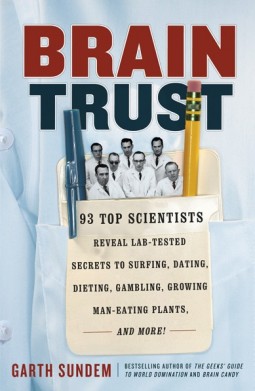 Brain Trust (starts at 4:23) When you are trying to make a decision about something important or having a disagreement with someone, don’t you sometimes wish you had a scientist with you – a world expert on the topic at hand – to help you out? In fact, it would be great to have dozens of experts in many fields available, sort of your own personal Brain Trust. Well, luckily Garth Sundem can help you out with his book called: “Brain Trust,” where he has interviewed 93 of the top scientists in fields like physics, genetics, cognitive science, economics, nutrition, mathematics, and talked to them about very important topics in their fields. And not the easy topics like Higgs Bosons, Fermat’s Last Theorem, and inflationary cosmology, but rather the much more difficult – and immediately useful – topics like: the best design for a paper airplane, how to survive Armageddon, how to create giant man-eating plants, successful dating techniques (and we don’t mean carbon dating), and how to tell when someone is lying. Host Joel Parker talks with Garth about his book.
Brain Trust (starts at 4:23) When you are trying to make a decision about something important or having a disagreement with someone, don’t you sometimes wish you had a scientist with you – a world expert on the topic at hand – to help you out? In fact, it would be great to have dozens of experts in many fields available, sort of your own personal Brain Trust. Well, luckily Garth Sundem can help you out with his book called: “Brain Trust,” where he has interviewed 93 of the top scientists in fields like physics, genetics, cognitive science, economics, nutrition, mathematics, and talked to them about very important topics in their fields. And not the easy topics like Higgs Bosons, Fermat’s Last Theorem, and inflationary cosmology, but rather the much more difficult – and immediately useful – topics like: the best design for a paper airplane, how to survive Armageddon, how to create giant man-eating plants, successful dating techniques (and we don’t mean carbon dating), and how to tell when someone is lying. Host Joel Parker talks with Garth about his book.
 Drought (starts at 15:10) Given all the rain and snow on the Front Range and beyond lately, you’d think that Colorado is emerging from the persistent drought, right? But last year was one of the hottest and driest on record in the state and some regions have yet to recover. Among those who have suffered the most from the persistent drought are farmers and ranchers. In fact, some have sold off cattle and even shuttered their businesses. That said, high prices have boosted profits for some wheat farmers, for instance. To find out just how badly many farmers and ranchers have been hit by the drought, researchers at Colorado State University have been surveying them annually for a while. Host Susan Moran talks with Christopher Goemans, a resource economist in the Department of Agricultural and Resource Economics at Colorado State University, and Ron Nelson, a graduate student also at CSU, about a recent survey of drought conditions and the broader environment.
Drought (starts at 15:10) Given all the rain and snow on the Front Range and beyond lately, you’d think that Colorado is emerging from the persistent drought, right? But last year was one of the hottest and driest on record in the state and some regions have yet to recover. Among those who have suffered the most from the persistent drought are farmers and ranchers. In fact, some have sold off cattle and even shuttered their businesses. That said, high prices have boosted profits for some wheat farmers, for instance. To find out just how badly many farmers and ranchers have been hit by the drought, researchers at Colorado State University have been surveying them annually for a while. Host Susan Moran talks with Christopher Goemans, a resource economist in the Department of Agricultural and Resource Economics at Colorado State University, and Ron Nelson, a graduate student also at CSU, about a recent survey of drought conditions and the broader environment.
Hosts: Joel Parker, Susan Moran
Producer: Joel Parker
Engineer: Joel Parker
Executive Producer: Joel Parker
Listen to the show:
Podcast: Play in new window | Download (Duration: 22:52 — 20.9MB)
Subscribe:
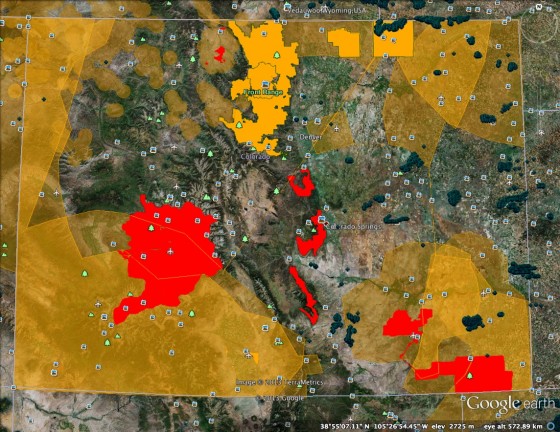

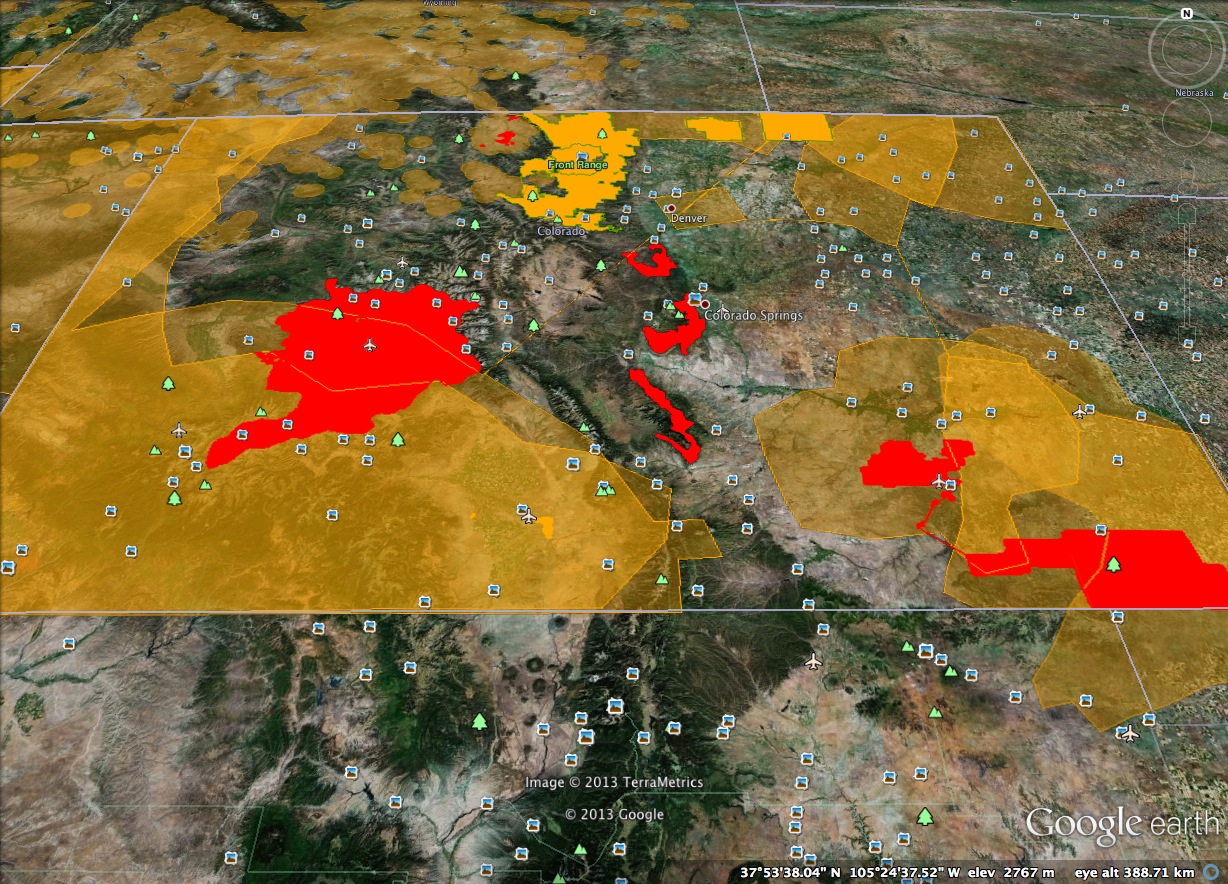




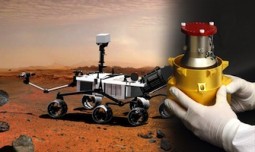
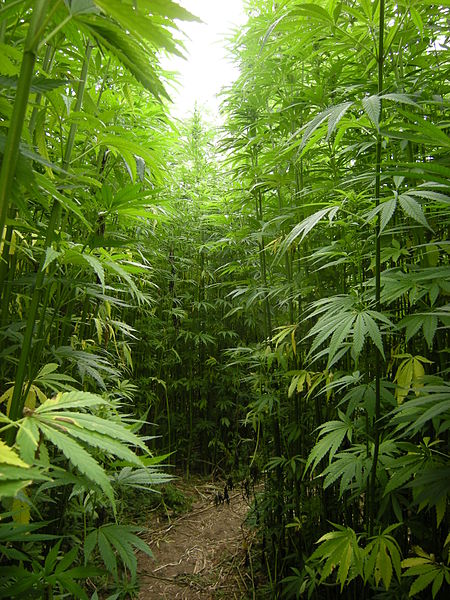

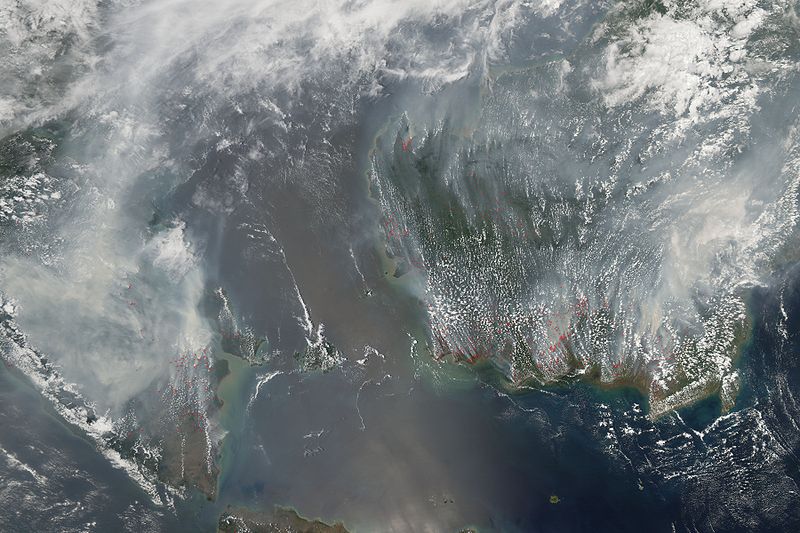
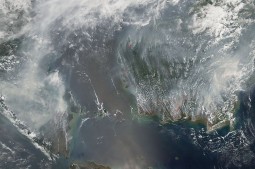
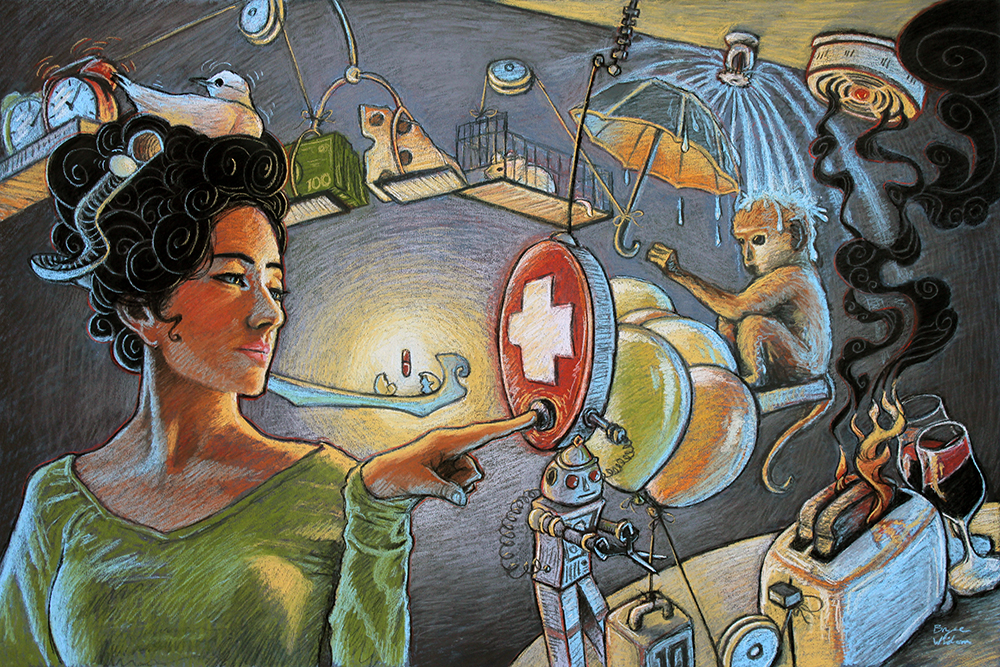
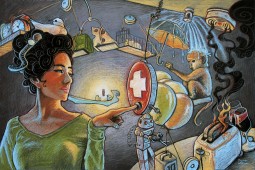

 Brain Trust (starts at 4:23) When you are trying to make a decision about something important or having a disagreement with someone, don’t you sometimes wish you had a scientist with you – a world expert on the topic at hand – to help you out? In fact, it would be great to have dozens of experts in many fields available, sort of your own personal Brain Trust. Well, luckily
Brain Trust (starts at 4:23) When you are trying to make a decision about something important or having a disagreement with someone, don’t you sometimes wish you had a scientist with you – a world expert on the topic at hand – to help you out? In fact, it would be great to have dozens of experts in many fields available, sort of your own personal Brain Trust. Well, luckily  Drought (starts at 15:10) Given all the rain and snow on the Front Range and beyond lately, you’d think that Colorado is emerging from the persistent drought, right? But last year was one of the hottest and driest on record in the state and some regions have yet to recover. Among those who have suffered the most from the persistent drought are farmers and ranchers. In fact, some have sold off cattle and even shuttered their businesses. That said, high prices have boosted profits for some wheat farmers, for instance. To find out just how badly many farmers and ranchers have been hit by the drought, researchers at Colorado State University have been surveying them annually for a while. Host Susan Moran talks with Christopher Goemans, a resource economist in the
Drought (starts at 15:10) Given all the rain and snow on the Front Range and beyond lately, you’d think that Colorado is emerging from the persistent drought, right? But last year was one of the hottest and driest on record in the state and some regions have yet to recover. Among those who have suffered the most from the persistent drought are farmers and ranchers. In fact, some have sold off cattle and even shuttered their businesses. That said, high prices have boosted profits for some wheat farmers, for instance. To find out just how badly many farmers and ranchers have been hit by the drought, researchers at Colorado State University have been surveying them annually for a while. Host Susan Moran talks with Christopher Goemans, a resource economist in the 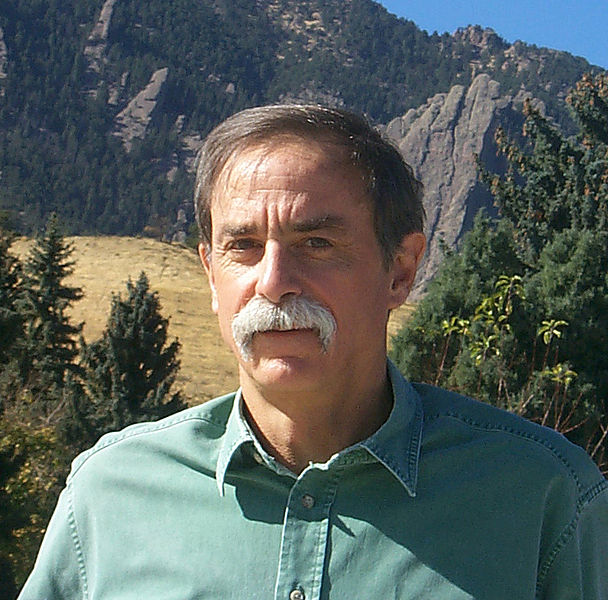



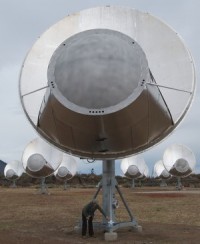

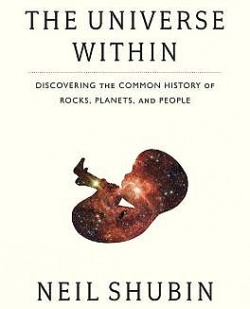
 The Universe Within (starts at 4:40) Within each and every one of us is the history of life on this planet, the planet itself and the entire universe. This is the theme of a new book “The Universe Within.” The author, Neil Shubin, is a professor of Paleontology and Evolutionary Biology at the University of Chicago. Starting with what physically constitutes a human being and what makes a human life possible, Shubin surveys many domains of science to find out what we can learn about what’s out there from what’s inside of us. It’s a fantastically broad scope, bringing together the common history of Rocks, Planets and People. As professor Shubin explains to How On Earth’s Chip Grandits, it is the very concept of this common history that binds all of these topics, which are normally found scattered throughout disparate domains of science and academia.
The Universe Within (starts at 4:40) Within each and every one of us is the history of life on this planet, the planet itself and the entire universe. This is the theme of a new book “The Universe Within.” The author, Neil Shubin, is a professor of Paleontology and Evolutionary Biology at the University of Chicago. Starting with what physically constitutes a human being and what makes a human life possible, Shubin surveys many domains of science to find out what we can learn about what’s out there from what’s inside of us. It’s a fantastically broad scope, bringing together the common history of Rocks, Planets and People. As professor Shubin explains to How On Earth’s Chip Grandits, it is the very concept of this common history that binds all of these topics, which are normally found scattered throughout disparate domains of science and academia.